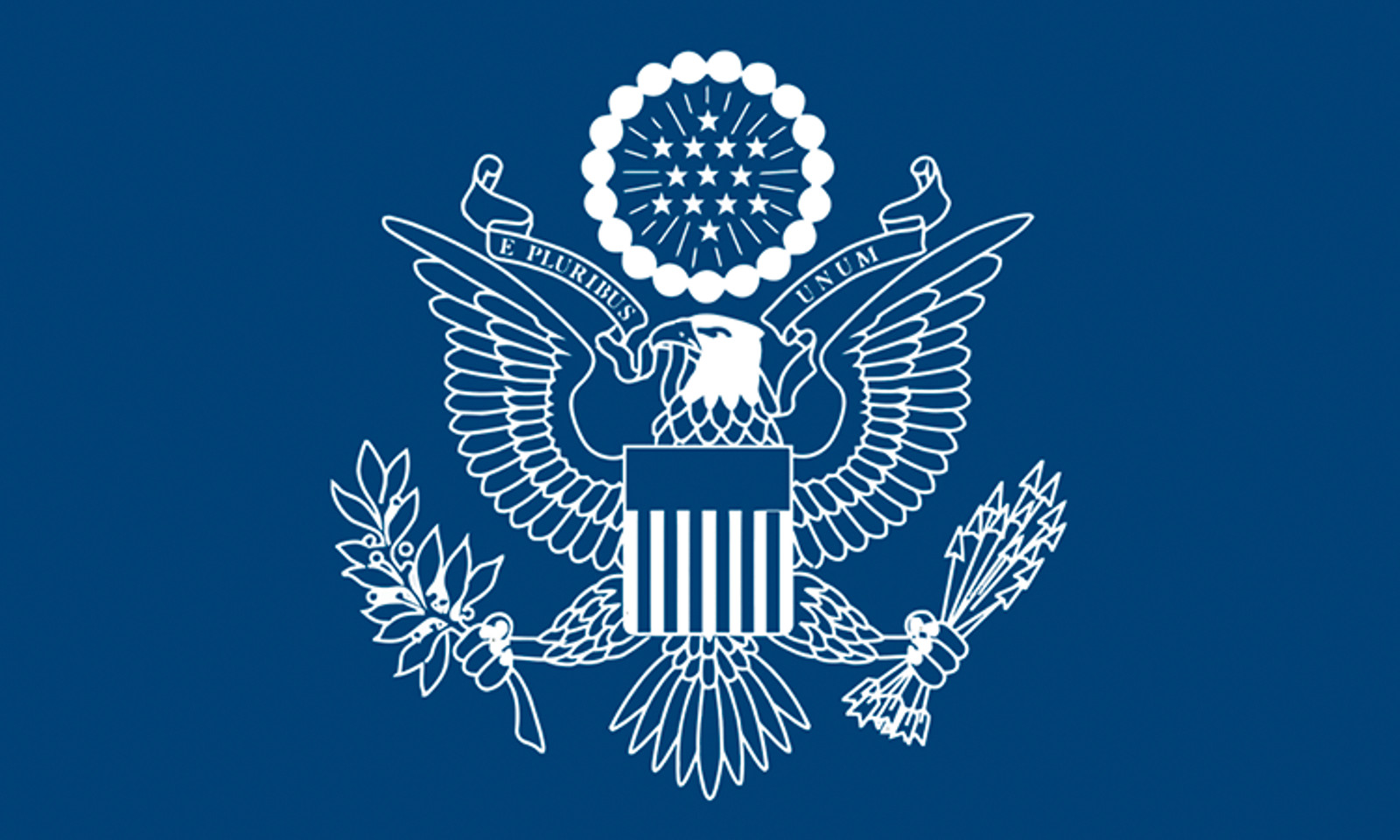The U.S. Department of State classifies Costa Rica among its safest international destinations (Level 1: Exercise Normal Precautions).
However, the State Department says visitors and residents should exercise increased caution in the following areas due to crime:
- Central neighborhood in Limón.
- Liberia city.
- Desamparados neighborhood in San Rafael.
- Pavas and Hospital neighborhoods San José.
Read the full Costa Rica international travel information page here.
The U.S. Embassy in Costa Rica says “crime is increasing in Costa Rica, and U.S. citizens are frequent victims.” Petty theft is the principal concern, the U.S. Embassy says, but there has also been a growing tendency toward violent crimes.
Below is the U.S. Embassy’s list of safety tips for U.S. citizens in Costa Rica, sourced from the Embassy’s “threat from crime” page.
Protective measures:
- When you don’t need it, keep your passport in a safe place, like a hotel safe, and carry only a copy (the photo page and the page containing the Costa Rica entry stamp).
- Carry on paper the name and phone number of your hotel, as well as the phone number of the U.S. Embassy (+506 2519-2000).
Entertainment:
- Avoid areas with high concentrations of bars and nightclubs, especially at night.
- Seek entertainment in groups of people you know.
- Do not consume food or drinks you have left unattended or accept food or drinks from “friendly” people.
- Do not leave a bar or other facility with a stranger.
Sightseeing:
- Avoid walking around at night (especially in the San José city center).
- Stay alert: crowded tourist attractions and resort areas popular with foreign tourists are also common venues for criminal activities.
- Steer clear of deserted properties or undeveloped land.
- Walk or exercise with a companion.
Transportation:
- Lock all doors, and keep all windows closed.
- Keep valuables on the car floor and/or out of sight of a person who could see them and grab them.
- Leave sufficient space between your vehicle and the vehicle in front of you to allow you to drive away quickly if necessary.
- Be alert to suspicious persons loitering on the side of the road.
- Use only licensed taxis (they have yellow triangle medallions with numbers painted on the side).
- Do not stop on isolated stretches of road. (One method of initiating kidnappings and carjackings is to bump the victim’s car from behind; the unsuspecting victim stops, believing he or she is involved in a minor accident, and is taken hostage or robbed.)
- Use extreme caution if you have a flat tire. Drivers with flat tires are advised to drive, if possible, to the nearest service station or other public area, and change the tire themselves, watching their valuables at all times. Most car rental companies will cover the damage to the tire.
- Be wary of strangers offering to help with car problems.
- Park in secured lots whenever possible, and do not leave valuables in the vehicle.
- Travel with a cell phone.
Financial transactions:
- Change money in banks or other financial institutions (money changers on the street have been known to pass counterfeit U.S. dollars and local currency).
- Retain all credit card receipts and check accounts regularly to help prevent unauthorized use of credit cards.
- Avoid using debit cards for point-of-sale purchases, as a skimmed number can be used to clean out an account.
- Keep the phone numbers for your banks on a sheet of paper in case your credit cards or bank cards are stolen or lost.
In general:
- Reduce risk by keeping valuables out of sight, not wearing jewelry, and traveling in groups.
- Avoid carrying large amounts of cash, jewelry, or expensive photographic equipment.
- Minimize travel after dark.
- Avoid responding in kind to verbal harassment.
- Do not store valuables in a car’s trunk or glove compartment.
- Do not engage in a physical confrontation with criminals.
- Don’t try to outrun an armed criminal; no car or person can outrun a bullet.
- Immediately report any suspicious activity to police. If you are with or become a victim of sexual assault please contact the Embassy immediately.
* * * *
The emergency number in Costa Rica is 9-1-1. The emergency system has national coverage and is staffed with bilingual operators.
To report a life-or-death emergency involving a U.S. citizen in Costa Rica, call the Embassy at +506 2519-2000. (From the U.S.: 011-506-2519-2000.) Canadian citizens can request emergency assistance via their Embassy here.
We listed confidential resources for people struggling with mental health in Costa Rica here.
Finally, anyone in Costa Rica — adult or a minor, citizen or visitor — can file a denuncia, or criminal complaint, in response to a crime. We covered this process in detail here; the U.S. Embassy recommends filing criminal complaints through the Judicial Investigation Police (OIJ).






